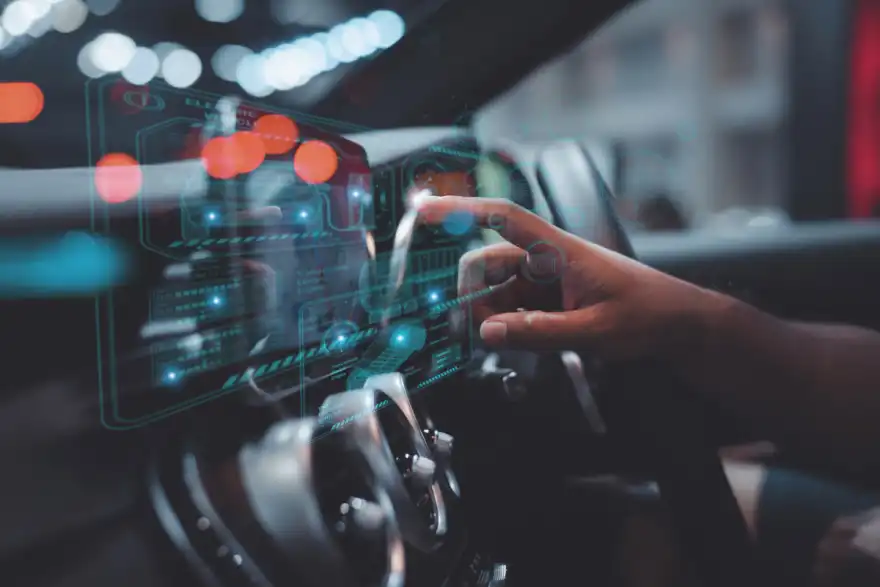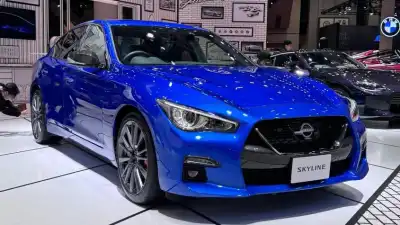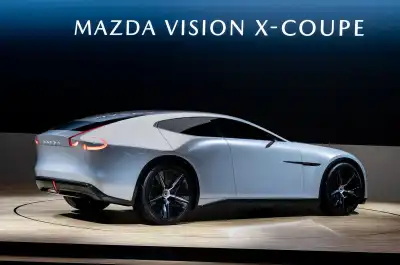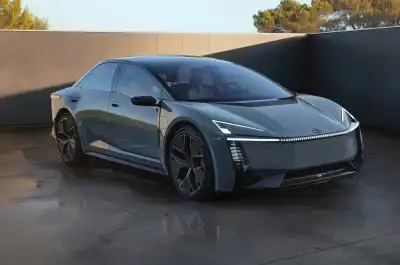
These days, you can't go far without hearing about generative AI stirring up discussions and debates. The auto industry, like many others, is diving into how this technology could shape the future – whether it's in designing and making cars or enhancing the driving and riding experience.
What exactly is generative AI?
Simply put, it's a bunch of algorithms that churn out new stuff like text, images, and audio. Tools such as ChatGPT and Google's Bard take prompts from users and respond with text. Then there's DALL-E, now part of Microsoft's Bing search engine, which conjures up images.
These tools are increasingly showing up in cars, mainly to jazz up the infotainment system rather than anything directly linked to driving.
DS has kicked off a trial, slotting ChatGPT into its Iris infotainment system. Meanwhile, Mercedes and Volkswagen are going full throttle, integrating the tech into all their cars running MB.OS and MIB4 operating systems, respectively. Renault's new 5 EV is also jumping on the bandwagon with a voice assistant named Reno powered by AI.
Mercedes' chief tech officer, Markus Schäfer, notes, "In this world, hype comes and goes – but this is not the case with AI,"
"It got more intense with the introduction of ChatGPT and there is much more focus now. We’re taking all the learnings that we have over the last nine months with ChatGPT in the car and what we have announced is the next development of that."
How will it affect drivers?
Well, carmakers claim that having generative AI in your ride means a more personalised experience and smoother interactions between you and your car. DS boasts that its updated Iris voice assistant can be your travel buddy, suggesting great restaurants at your destination or entertaining your restless kids with stories.
And it's not just about entertainment. AI is also sneaking into the production line, promising cost savings and environmental benefits. Mercedes is using AI at its Rastatt plant to simulate the production of its next-gen MMA platform-based EVs without disrupting current manufacturing.
Renault Group is also on board, using AI to optimise truck loading and routes, slashing CO2 emissions. Renault Group boss Luca de Meo stated: ‘We have developed AI tools to efficiently fill our trucks and provide optimised routes, allowing us to use 8000 fewer on the road and avoiding around 21,000 tonnes of CO2.’
But, of course, there are pitfalls. Generative AI tools can mess up, risking copyright issues or just spewing nonsense. Schäfer warns, "It’s not something you implement in a car and then just leave it,"
"If you sit in a car and ChatGPT tells you something that’s absolute nonsense, you might be exposed to product liability cases."
So, carmakers are treading carefully, but they're definitely diving into this game-changing era.




